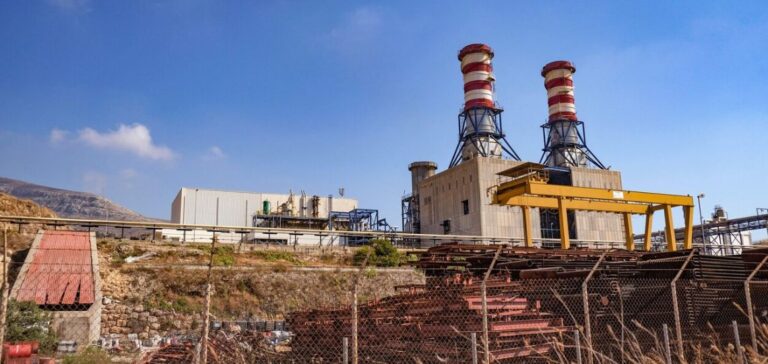Algeria responded to Lebanon’s energy crisis by launching urgent deliveries of fuel oil to power the country’s electricity plants, after the Zahrani power station, a key link in the national grid, stopped operating due to the exhaustion of its reserves.
This interruption left Lebanon on the brink of complete paralysis of its critical infrastructure, including Beirut International Airport, port facilities and essential public services.
Algeria’s decision comes at a time when Lebanon is struggling to maintain continuous electricity production, relying mainly on imported fossil fuels to power its facilities.
This one-off support complements efforts already underway with Iraq, as part of energy swap agreements, although the ability of power plants to handle different types of fuel oil remains a significant technical constraint.
A sector under pressure: dependence and fragility
The Lebanese energy sector, historically marked by excessive dependence on imports of heavy fuel oil and diesel, suffers from structural weaknesses that make it vulnerable to international market fluctuations and supply crises.
The country’s inability to refine locally petroleum products tailored to the specifications of its power plants has led to increased dependence on international trade, often to the detriment of national energy stability.
Algeria’s reliance on emergency deliveries, while essential in the short term, highlights the need for strategic reforms in the sector.
The lack of diversification of energy sources, coupled with the collapse of the national currency which complicates international transactions in hard currency, underlines the urgent need for a reassessment of Lebanon’s energy policy.
Outlook for the Lebanese energy sector
Against a backdrop of fluctuating energy demand, particularly following the disruption caused by the COVID-19 pandemic, Lebanon faces growing challenges to ensure the stability of its network.
Analyses by S&P Global Commodity Insights forecast a decline in demand for petroleum products until 2025, before a gradual recovery.
However, without an appropriate regulatory framework and optimized resource management, the risk of new crises remains high.
Algeria’s intervention, while crucial, is not enough to solve the sector’s structural problems.
To guarantee long-term energy security, Lebanon must diversify its sources of supply, strengthen its refining infrastructure, and implement reforms that will reduce its dependence on imported fossil fuels, while integrating more renewable energy sources.
The country’s economic survival and stability depend on these essential strategic adjustments.






















